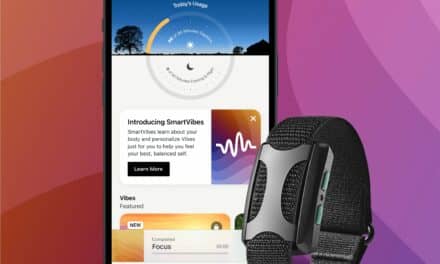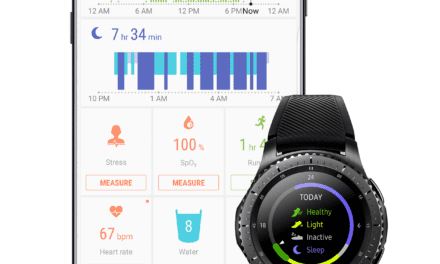Garmin International Inc is collaborating with the University of Kansas (KU) Medical Center to foster innovation and better understand how wearables can assist in the detection and management of significant medical conditions. Their initial research will focus on sleep apnea and atrial fibrillation.
They have begun work on multiple research projects combining the sensor data from Garmin devices and the healthcare expertise of KU Medical Center researchers.
“Garmin Health is excited to work with a nationally-recognized institution like KU Medical Center that is on the forefront of digital health research,” says Scott Burgett, director of Garmin Health Engineering, in a release. “As patients assume increased responsibility for their own healthcare, Garmin is committed to the development of wearables that can lead to the prevention or detection of serious health conditions. With long battery life, high water rating, and high-quality sensor data, we can provide meaningful features that will help reduce healthcare costs and provide useful functionality for everyday life.”
For patients with known conditions, continual monitoring can offer health care professionals valuable insight and assist in a well-informed course of treatment. KU Medical Center research provides clinically based data that can aid in the development of algorithms capable of identifying conditions like sleep apnea and atrial fibrillation.
Garmin Health has worked with Suzanne Stevens, MD, clinical assistant professor of neurology, and Catherine Siengsukon, PhD, associate professor of physical therapy and rehabilitation science at KU Medical Center to study how a wearable equipped with optical sensors could be used to detect sleep apnea and provide a lower cost alternative to an overnight sleep center evaluation.
“Wearables have already increased the public’s awareness of activity levels while awake,” Stevens says. “This research helps us better understand how wearables can do the same while asleep, helping to detect sleep apnea, which left untreated can affect mood, memory, trigger heart arrhythmias, heart attacks, and even strokes.”
Like sleep apnea, atrial fibrillation has been cumbersome and costly to detect. Unfortunately, in 20% of patients, atrial fibrillation is not identified until they have a stroke.
Garmin Health is working with Madhu Reddy, MD, associate professor of medicine at KU Medical Center and division director, Heart Rhythm Services in the Department of Cardiovascular Medicine at The University of Kansas Health System, to study how Garmin wearables could detect atrial fibrillation. “Wearable technology capable of early detection and monitoring of heart rhythm disorders will be a revolutionary boon to cardiac care,” Reddy says.





